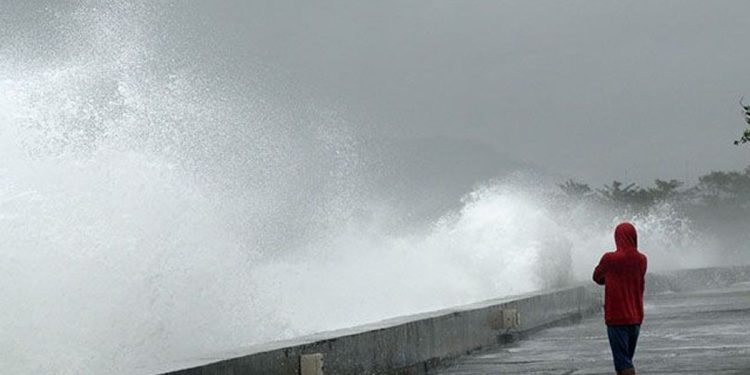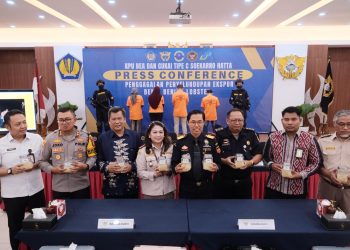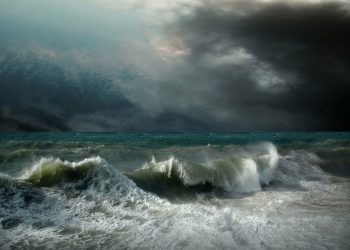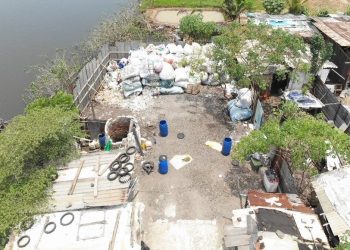Jakarta, Indonesia Sentinel — Indonesia’s Meteorology, Climatology, and Geophysics Agency (BMKG) has issued an early warning for high waves expected to impact several maritime regions from February 9 to 12, 2025.
The warning comes as Tropical Cyclone Tailah, currently located in the southwest Indian Ocean near Banten, intensifies wind speeds and generates rough sea conditions.
“This phenomenon affects wind patterns across Indonesia, with northern regions experiencing northwesterly to northeasterly winds at speeds between 6 and 30 knots. Meanwhile, in the south, winds are moving from the southwest to northwest at 8 to 30 knots,” BMKG stated in an official release on Sunday (Feb. 9, 2025).
Heightened Risks for Maritime Travel
BMKG has identified various regions at risk, with waves ranging from 1.25 to 2.5 meters expected in:
- Northern Malacca Strait
- Western Indian Ocean off Sumatra
- Southern Indian Ocean off Banten to Central Java
- Karimata Strait
- Java Sea, Bali Sea, Sumbawa Sea, and Flores Sea
- Southern Makassar Strait
- Bone Gulf, Banda Sea, Eastern Sulawesi Sea, Maluku Sea, and Seram Sea
Meanwhile, waves between 2.5 and 4.0 meters are predicted in:
- Southern Indian Ocean off Yogyakarta to West Nusa Tenggara
- Northern Pacific Ocean off Maluku to Papua
- Arafura Sea
The most extreme conditions, with waves between 4.0 and 6.0 meters, are forecasted for the North Natuna Sea and the Southern Indian Ocean off East Nusa Tenggara (NTT).
Read Also:
Fire Erupts at Indonesia’s Ministry of Agrarian Affairs, Sparking Public Speculation!
Maritime Safety Concerns
BMKG has urged fishermen, small boat operators, and shipping companies to remain cautious as the extreme wave conditions pose significant risks to maritime activities. Strong winds accompanying these waves could further disrupt sea transport, particularly in the affected regions.
“High waves in these areas may pose significant dangers to maritime navigation,” the agency warned.
Authorities are advising vessels, including ferries and cargo ships, to assess sea conditions before setting sail, while smaller boats are recommended to avoid travel in the most affected areas.
As weather conditions continue to evolve, BMKG will provide further updates and advisories for coastal communities and maritime operators.
(Becky)


























